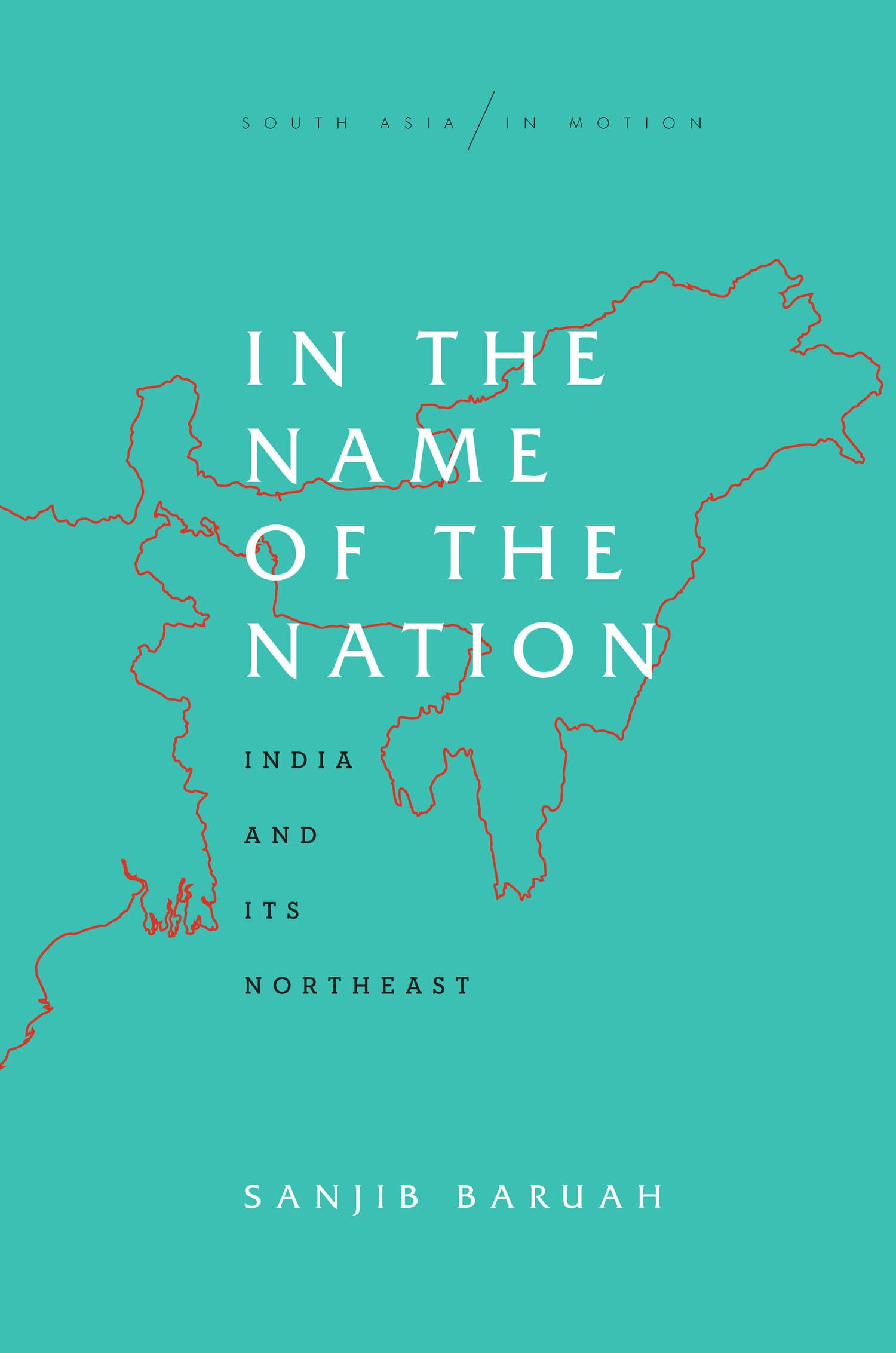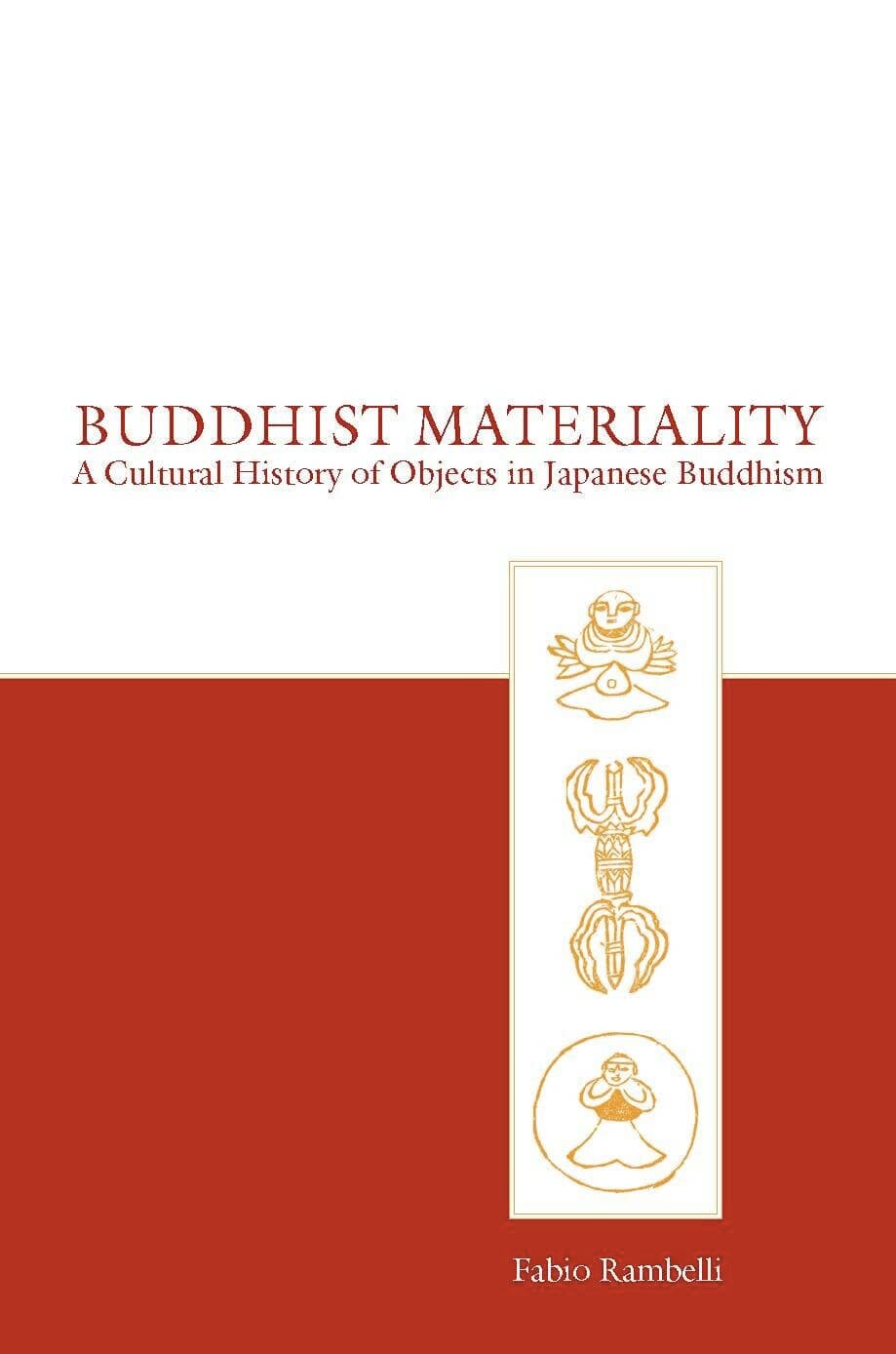Dust on the Throne
Award Winner
2024: Karwaan Book Award
Shortlisted for the 2024 Karwaan Book Award, sponsored by Karwaan Heritage.2024: Best First Book in the History of Religions Award
Finalist for the 2024 Best First Book in the History of Religions Award, sponsored by the American Academy of Religion (AAR).2023: Cundill History Prize
Shortlisted for the 2023 Cundill History Prize, sponsored by McGill University, Cundill Foundation.
Also Available from

Received wisdom has it that Buddhism disappeared from India, the land of its birth, between the thirteenth and fourteenth centuries, long forgotten until British colonial scholars re-discovered it in the early 1800s. Its full-fledged revival, so the story goes, only occurred in 1956, when the Indian civil rights pioneer Dr. B.R. Ambedkar converted to Buddhism along with half a million of his Dalit (formerly "untouchable") followers. This, however, is only part of the story. Dust on the Throne reframes discussions about the place of Buddhism in the subcontinent from the early nineteenth century onwards, uncovering the integral, yet unacknowledged, role that Indians played in the making of modern global Buddhism in the century prior to Ambedkar's conversion, and the numerous ways that Buddhism gave powerful shape to modern Indian history.
Through an extensive examination of disparate materials held at archives and temples across South Asia, Douglas Ober explores Buddhist religious dynamics in an age of expanding colonial empires, intra-Asian connectivity, and the histories of Buddhism produced by nineteenth and twentieth century Indian thinkers. While Buddhism in contemporary India is often disparaged as being little more than tattered manuscripts and crumbling ruins, this book opens new avenues for understanding its substantial socio-political impact and intellectual legacy.
"This is a book I've been waiting for—a powerful account of the contestations and challenges that marked the return of Buddhism to the public sphere. It forces us to think of the role of human agency in shaping the present and future in India—perhaps even in the world."—Uma Chakravarti, author of The Social Dimensions of Early Buddhism
"It is a fantastic read, almost like a detective novel in parts, and you turn the page wondering how Buddhism was discovered, how it fared in various contexts. Douglas Ober's mastery of sources, his adept linking of various geographies, ideas, and events are so effortlessly done that they belie the immense labor and reading and writing that have no doubt gone into the making of this book."—V Geetha, author of Bhimrao Ramji Ambedkar and the Question of Socialism in India
"This splendid book overturns the standard but faulty story of Buddhism's supposed disappearance from India by the thirteenth century. It completely recasts our understanding of modern Buddhism and its role in nineteenth and twentieth-century India. A marvelous combination of history, philosophy, and story-telling, Dust on the Throne is essential reading for anyone who wishes to understand Buddhism in our world today."—Evan Thompson, author ofWaking, Dreaming, Being andWhy I Am Not a Buddhist
"An engrossing and lively account of how modern India 'rediscovered' and re-engaged with Buddhism in the last two centuries, featuring a cast of compelling historical characters.Going far beyond standard assumptions and understandings about the decline and revival of Buddhism in India,Dust on the Throne is a must-read for all who are interested in south Asian history, both recent and ancient."—Tony Joseph, author of Early Indians: The Story of Our Ancestors and Where We Came From
"Dust on the Throne offers a new perspective on the history of Buddhism in India during the colonial period and early years of Independence. Marshalling an array of evidence that foregrounds the role of individuals and institutions (some known, some forgotten) in the context of subcontinental and global networks, it dispels many long-cherished notions about Buddhism's decline and revival in its homeland, offering a convincing alternative narrative."—Upinder Singh, author of History of Ancient and Early Medieval India
"Douglas Ober's Dust on the Throne weaves a fascinating history of individuals, institutions, and events that animated modern Buddhism. The book provides rare insights into a range offorgotten Indianswhose contributions were as impressive as those of better-known colonials.Its exploration of the footprint of Buddhist discourses among the masses is equally captivating. This will remain a definitive study on the many streams that constituted the quest for Buddhism inModern India."—Nayanjot Lahiri, author of Ashoka in Ancient India
"[Dust on the Throne] is vast and dense, shining light on many of the Indian historians, scholars, translators, ethnographers, and laborers whose engagement with ancient and modern Buddhism galvanized 19th- and 20th-century public discourse. Rather than fragmented, however, the confluence of geographies, perspectives, and demographics demonstrate how dynamic and complex local expertise and agency in the resurgence of Buddhism within India have been."—Liesl Schwabe, Los Angeles Review of Books
"Ober's exhaustive survey assembles Buddhism's disparate histories from different regions of modern India and contextualizes the formation of its multiple stands. He effectively dismantles the idea of European discovery of Buddhism and challenges the overemphasis on the contribution of Dharmapala and Ambedkar's scholarship."—Abishek Singh Amar, Tricycle
"Dust on the Throne: The Search for Buddhism in Modern India, an erudite study by the historian Douglas Ober, is an exception to the brahmin-centric trend, and an outstanding intervention for many reasons. Right from its thoughtful title – which captures the deep history and 'revival' of the region's Buddhist past – the book tells us a different story than the brahmin-centric narratives of so much other scholarship. Ober shows how the widespread notion that Buddhism in the Subcontinent had died by the thirteenth century or earlier, and showed no trace of life into the modern period, is at most a 'useful fiction', if not a foolish conclusion outright."—Gajendran Ayyathurai, Himal Southasian
"Dust on the Throne is remarkable for the archival work it demonstrates for re-historicizing a time that is generally dominated by the Orientalist view of inquiry into religion. Buddhist scholars and activists (such as Dr BR Ambedkar, the architect of the Indian Constitution), and the mighty industrialists and statesmen who stood in the way of the former's fight against inequality (such as Mahatma Gandhi, the Father of the Nation) populate this history and reveal that religious tension in India is not exclusive to Hindu-Muslim antagonism; it has haunted Hinduism's dialogue with Buddhism too."—Soni Wadhwa, Asian Review of Books
"With its varied source analyses, broad geographic considerations, and concise biographies, Ober's work illuminates not just the stories behind how Buddhism transformed itself in modern India but also how it came to captivate Indian publics from local elites down to the subaltern masses. In what will surely become a foundational text for future studies of subcontinental Buddhism during the period, Ober's study contains valuable insights on the lesser-known aspects of modern Indian history suitable for specialist and general readers alike."—Bhadrajee S. Hewage, Journal of Religious History
"[E]mphasis on the actions of Anglophone elites is typical of the approach used to recount Buddhism's resurgence in South Asia, as Douglas Ober points out in Dust on the Throne: The Search for Buddhism in Modern India. Ober effectively challenges this approach by presenting an almost dizzying array of details about how individuals in South Asia engaged with Buddhism over the last two centuries. What emerges in his study is a clear sense of shifting and developing networks in which Buddhism helped to unsettle an established status quo, undermining any simple view that India is essentially truest as a place of Hinduism."—Janice Leoshko, Asian Ethnology
"This book fills in a longstanding research lacuna in the history of modern Indian Buddhism.... This book will certainly capture the reader's attention with its beautiful style of writing, thorough analysis of the topic, and wide use of primary sources. One may hope this will be considered one of the major foundational works in studying Indian Buddhism in the years to come."—Mriganka Mukhopadhyay, Religious Studies Review
"Every few years, a book comes along that demands an inordinate amount of underlining, exclamation points, and notes in the margin—all the way into the depths of its footnotes. Douglas Ober's Dust on the Throne: The Search for Buddhism in Modern India is likely to be such a book for many.... While many will praise Ober's intellectual dexterity, analytical prowess and archival skills, there is a beating heart in this work, one of a traveler in time and space, bearing witness to actors and communities whose contributions and inner worlds have too long been denied to history."—Upayadhi S. Luraschi, Journal of Global Buddhism
"Ober's book shows that 'there is not one single identity at the heart of modern Indian Buddhism' and [that the] lives of many figures with different motives and interest[s are] tied with Buddhism and opens up future research. We may never re-cover the throne in its entirety, and there will always be some dust on it. Or maybe one is not interested in the throne, but rather, in a leaf lost in the past."—Chandrabhan P. Yadav, The India Forum
"Ober's seminal work confronts the reductive narrative of Buddhism's abrupt resurgence, advocating a nuanced historical account that intertwines with the broader tapestry of Indian society."—Amol Nimsadker & Anupreet Singh Tiwana, Contemporary South Asia
"Meticulously argued, Douglas Ober's Dust on the Throne reexamines the widely accepted narrative of Buddhism's 'disappearance' between the twelfth and thirteenth centuries and its 'revival' by nineteenth-century Orientalists. Elegantly written and drawing on multilingual sources from literature, art, and sociology, the book dismantles the 'fictions' surrounding Buddhism's alleged erasure from South Asia's religious landscape."—Avinash Singh, H-Asia
"Ober skillfully and creatively weaves together the different chapters so that the book as a whole is a pleasure to read. It requires considerable mental agility to systematically arrange the enormous corpus of colonial and postcolonial texts written by European, English and Indian Buddhist scholars or amateur Buddhist philosophers into a coherent narrative, and it is to the author's credit that he manages to pull this off."—Swargajyoti Gohain, Copenhagen Journal of Asian Studies




